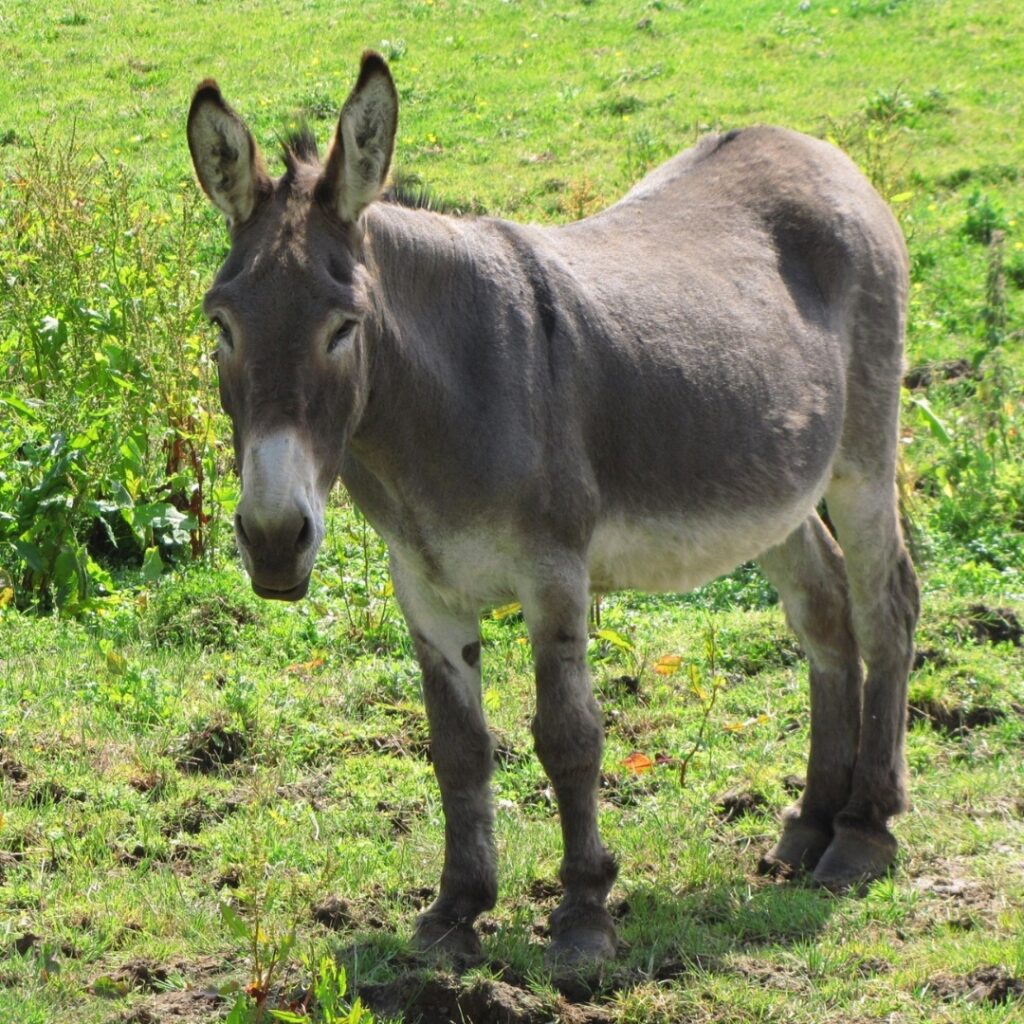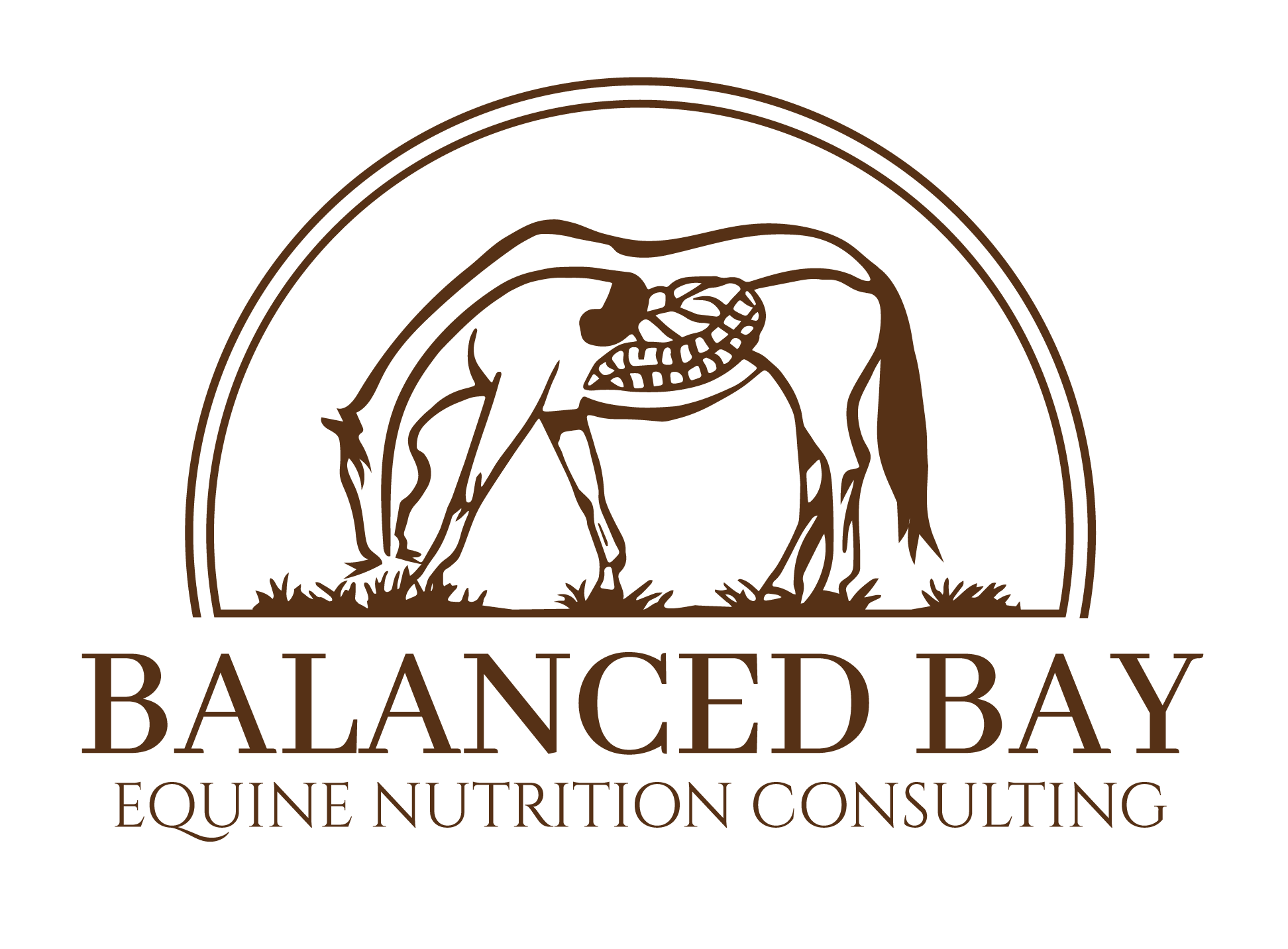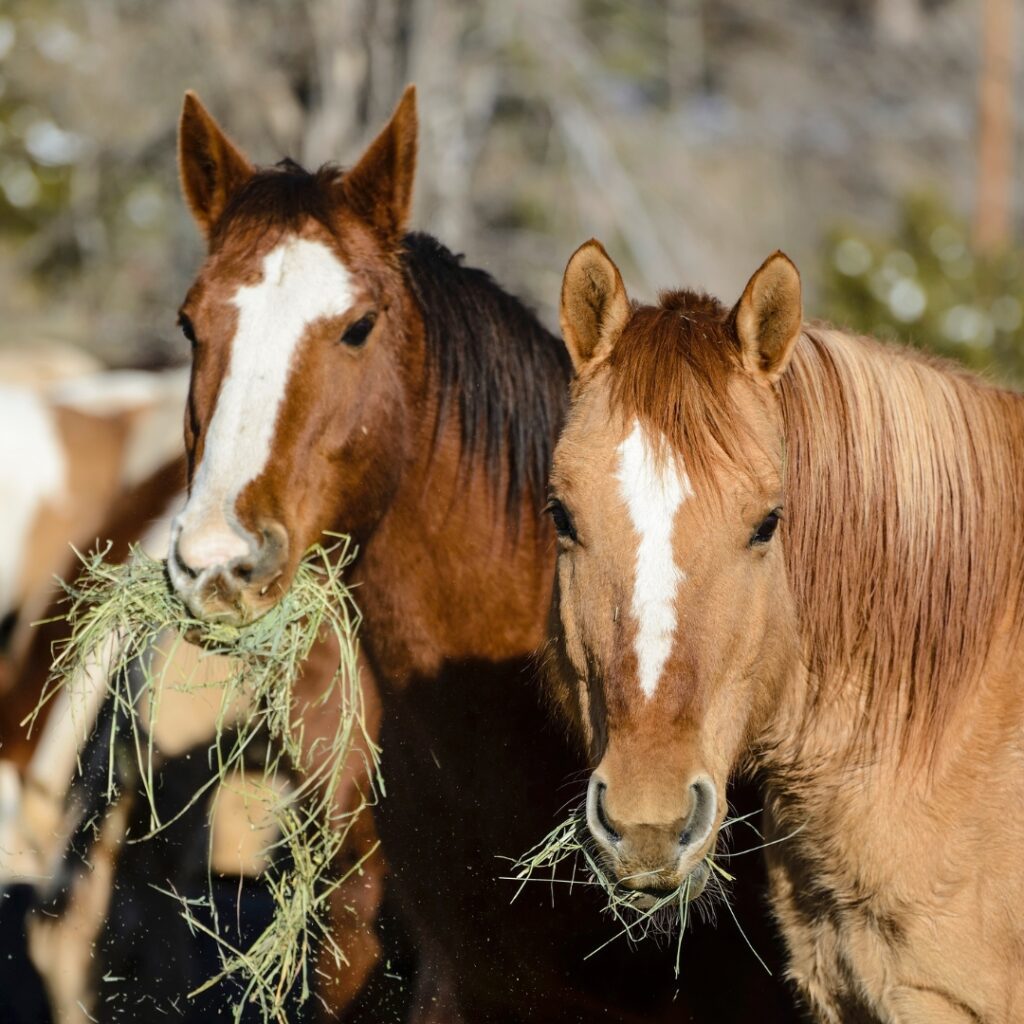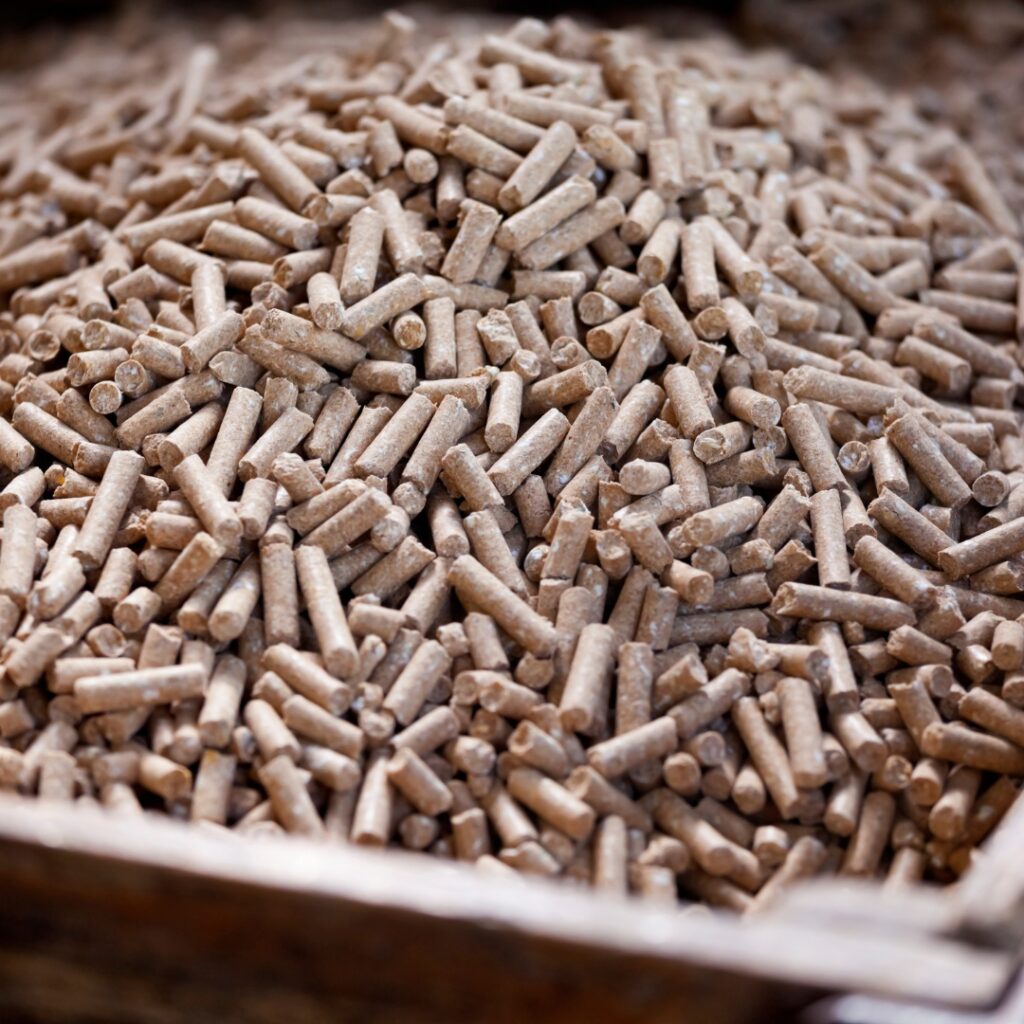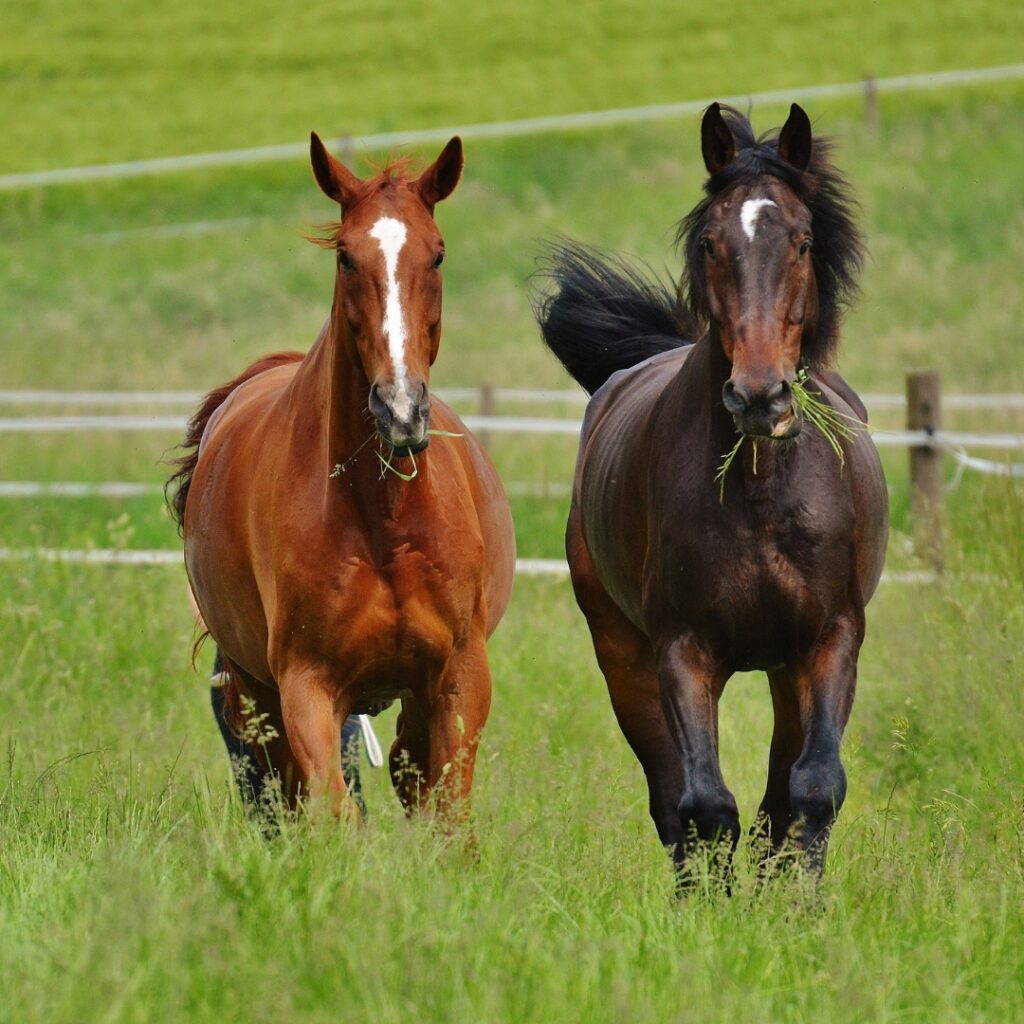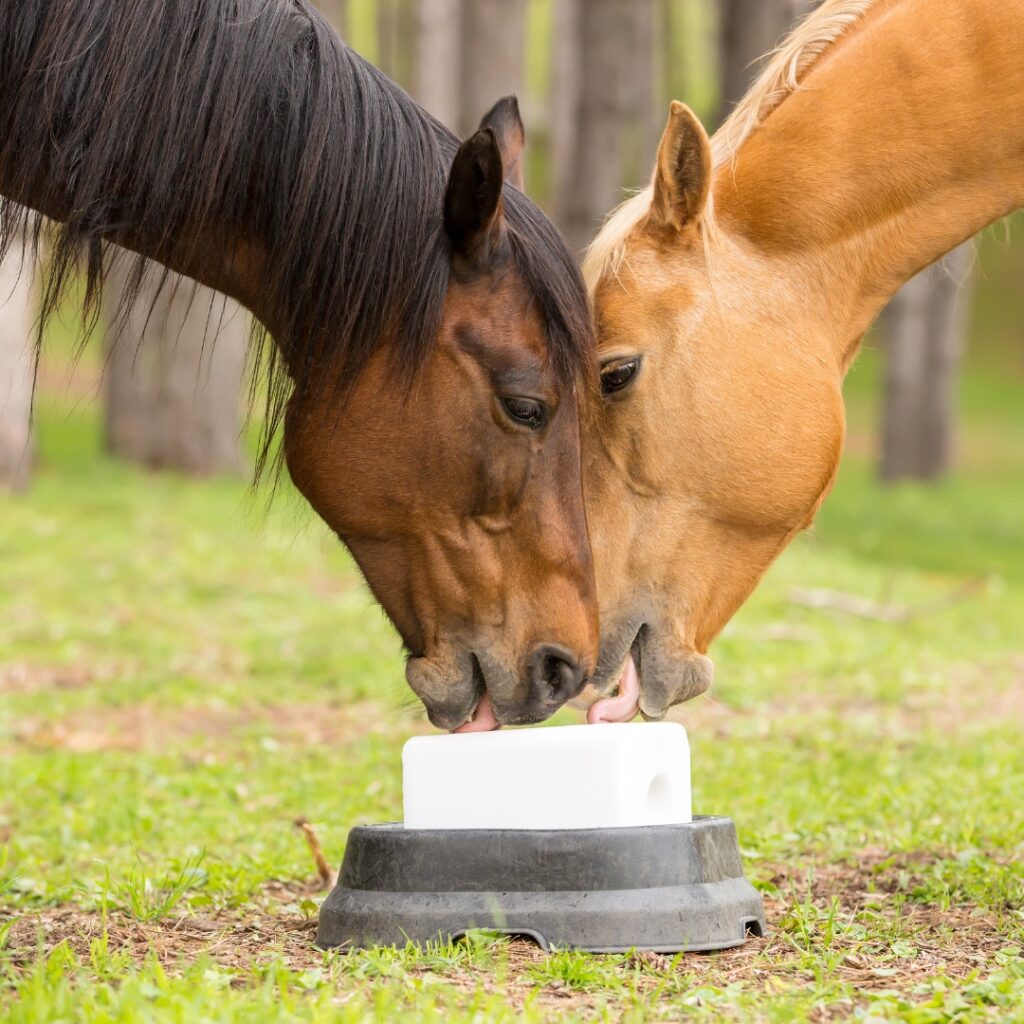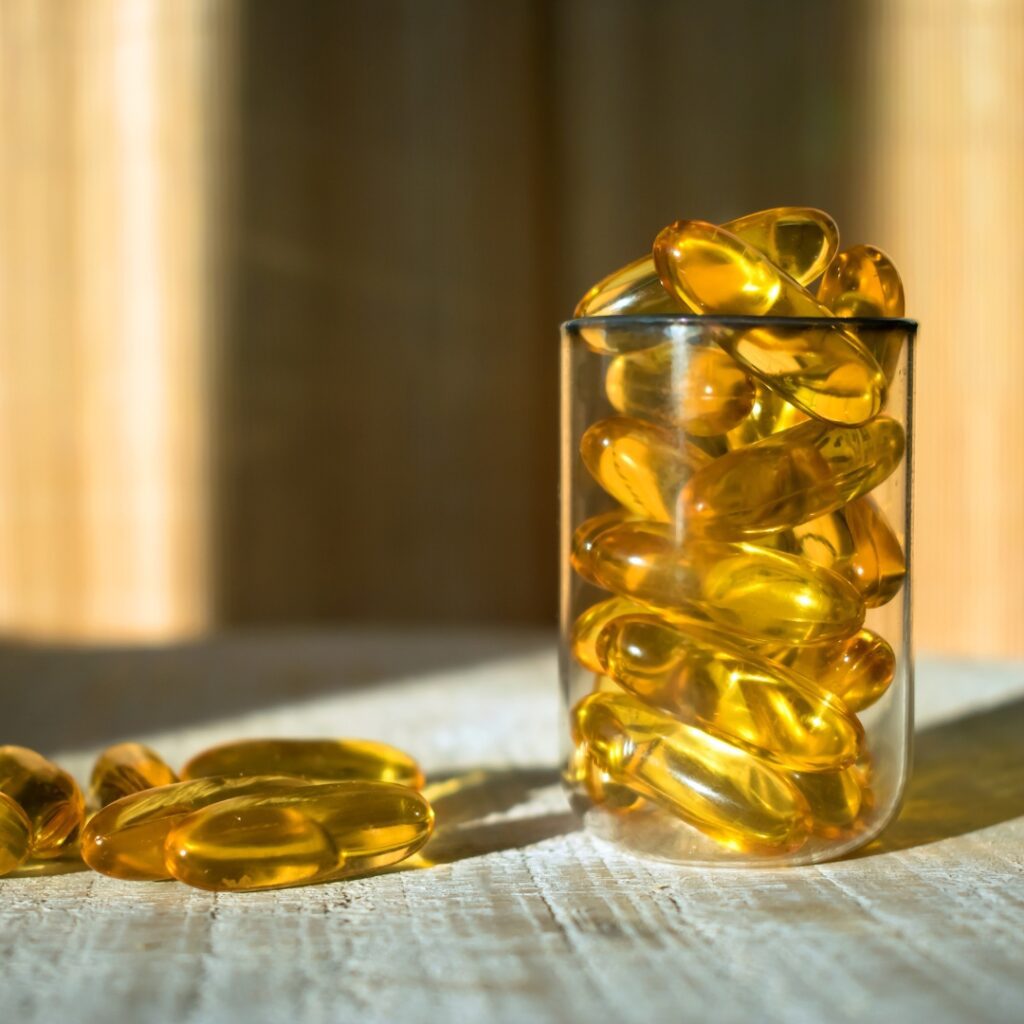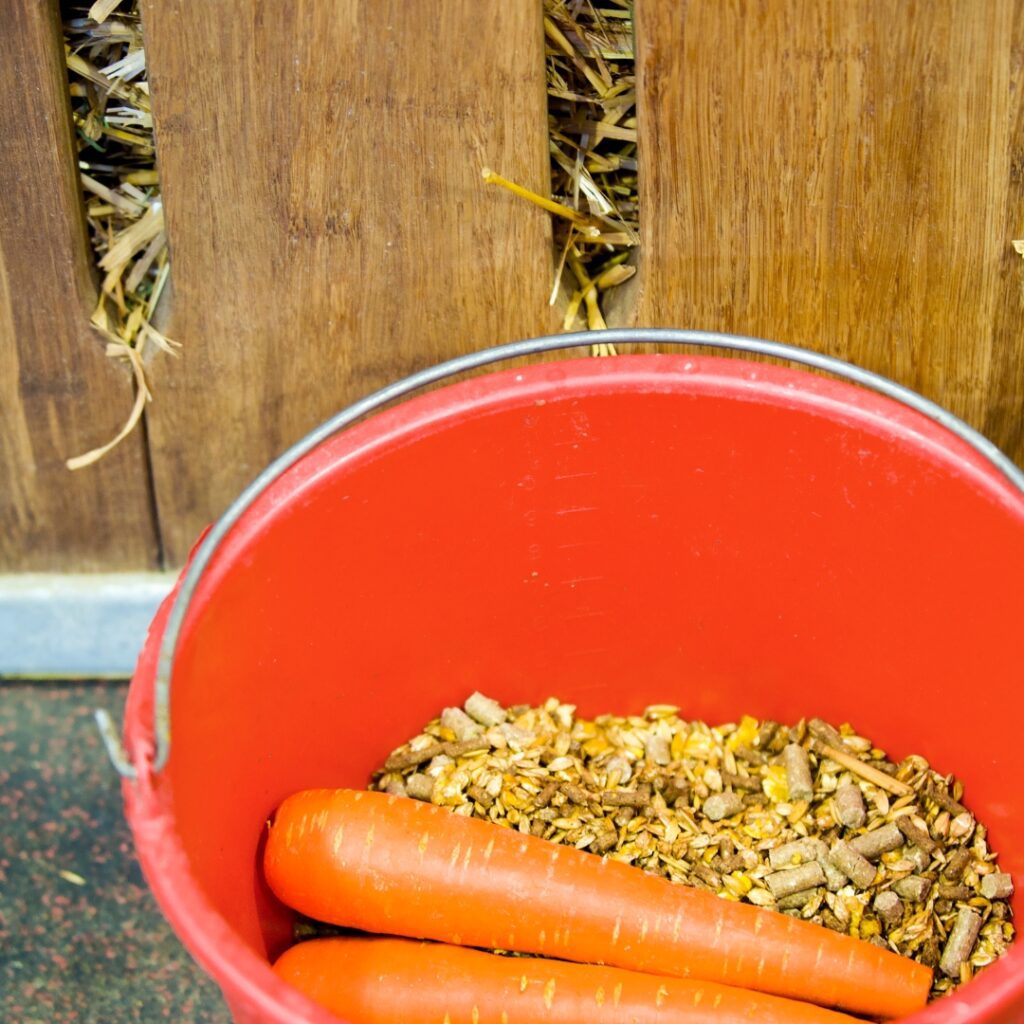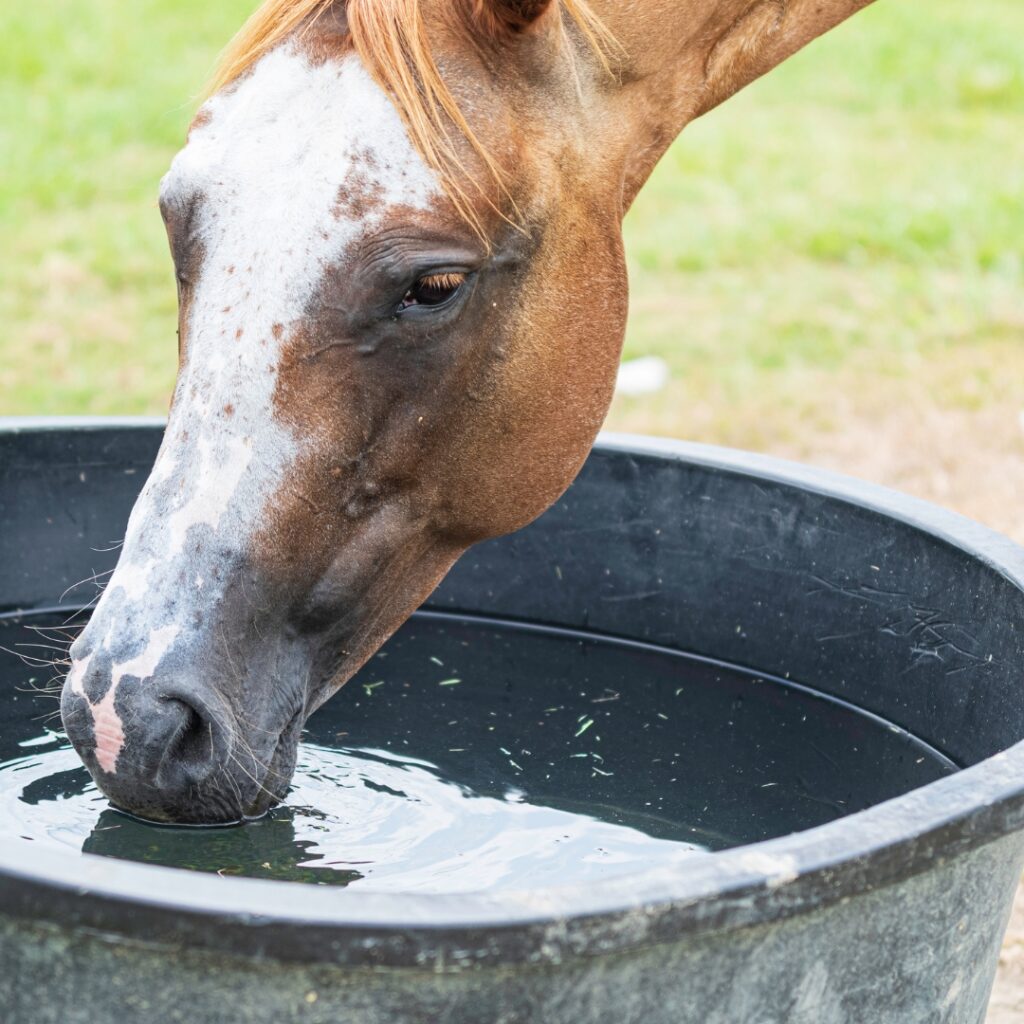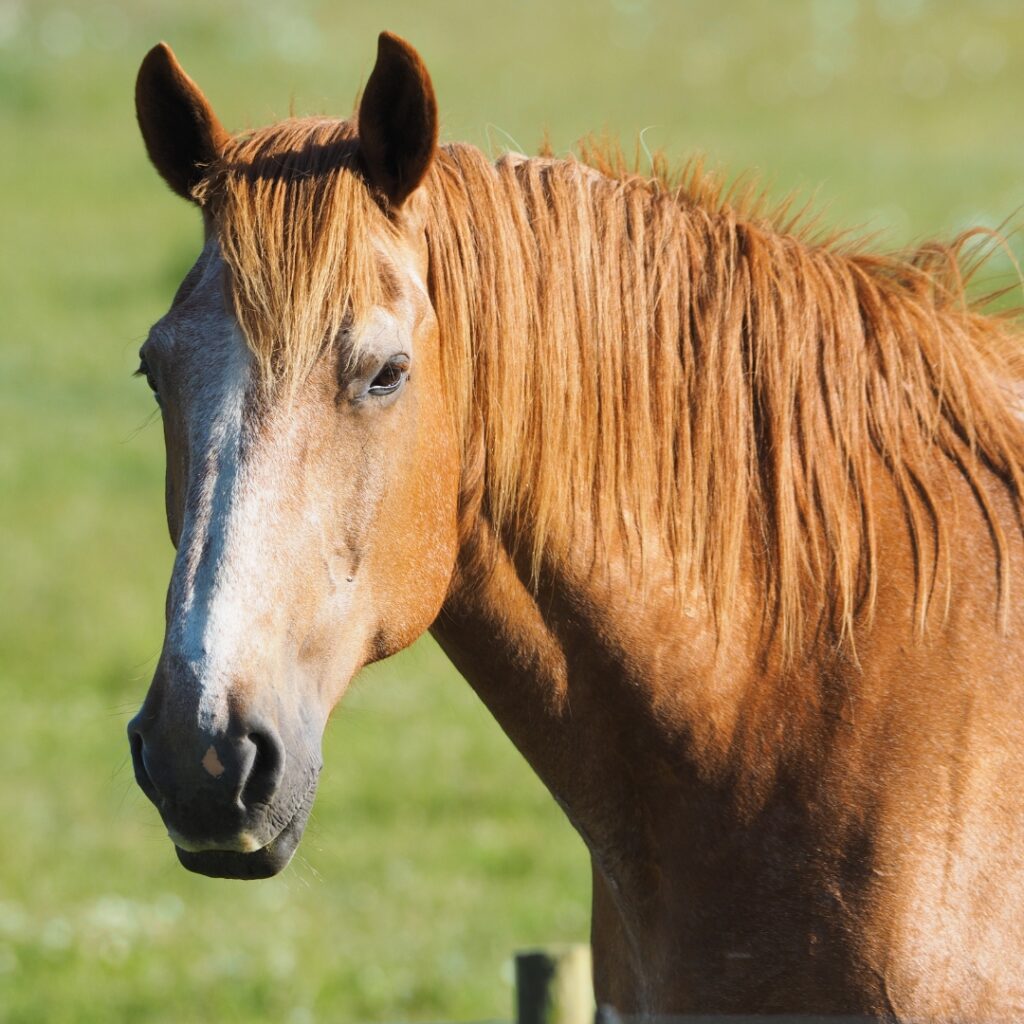
Believe it or not, as an independent equine nutritionist, I have a lot of donkey clients too!! Oftentimes these guys may get overlooked when it comes to nutrition, but they need balanced diets too. Most of the donkeys I see are extremely overweight due to being fed in a similar fashion to horses. Even though […]

Horses have an interesting digestive tract; they have a large hindgut where fermentation takes place. They rely heavily on this process for optimal digestion as well as energy production. Compared to other animals, horses have a lower enzyme activity at the beginning of their digestive tract. This simple difference indicates that horses are not meant […]

Part of the reason I wanted to work in equine nutrition was my keen interest in equine metabolic syndrome (EMS). Through some of the educational content creation that I do I have the absolute honour and pleasure to talk about these topics with world-leading experts in the field. Recently I met with Dr. Andy Durham […]

What is a ration balancer? It is well known that a horse consuming just hay or pasture will almost always be missing some key vitamins and minerals in their diet. A ration balancer is a concentrated source of the necessary vitamins and minerals that a horse requires. These feeds are typically low in caloric value […]

Most horse owners know that feed changes should be made slowly, and do implement this well. However, I often come across people switching forage sources abruptly. This article is going to delve into the science behind why feed changes should be made slowly and highlight the importance of gradual changes not just for pelleted feeds […]

Sodium chloride (salt) is an essential aspect of the equine diet. Sodium plays a crucial role in many body processes such as the maintenance of body temperature, nerve function, chemical transport, regulation of pH and regulation of osmotic pressure. When sodium is deficient in the diet there can be a plethora of negative health consequences […]

Why Feed Omega 3s? In equine nutrition, there is a big push for feeding omega-3s with all sorts of fancy oils on the market. The main underlying metabolic mechanism is that omega 3s are an anti-inflammatory fatty acid. These are required for basic physiological functions and are key components of many tissues and organs. In […]

The Supplement Industry The equine supplement industry is wild! There are an overwhelming number of options, and there seems to be a supplement for just about everything. As a horse owner, it can be challenging to know which ones are worth the money and which simply aren’t. Research has estimated that over 80% of horse […]

I have recently had multiple clients ask me about water consumption in relation to equine nutrition. Did you know that water is one of the 6 main nutrient categories according to the NRC, 2007. Therefore, it should not be overlooked. This week’s blog post is going to summarize some interesting research as well as provide […]

This week’s Friday with Finn is the last of the protein series. Instead of discussing a broad topic, this installment will focus on a single publication. The reference is: Loos, C. M. M., Dorsch, S. C., Elzinga, S. E., Brewster-Barnes, T., Vanzant, E. S., Adams, A. A., & Urschel, K. L. (2019). A high protein meal […]
